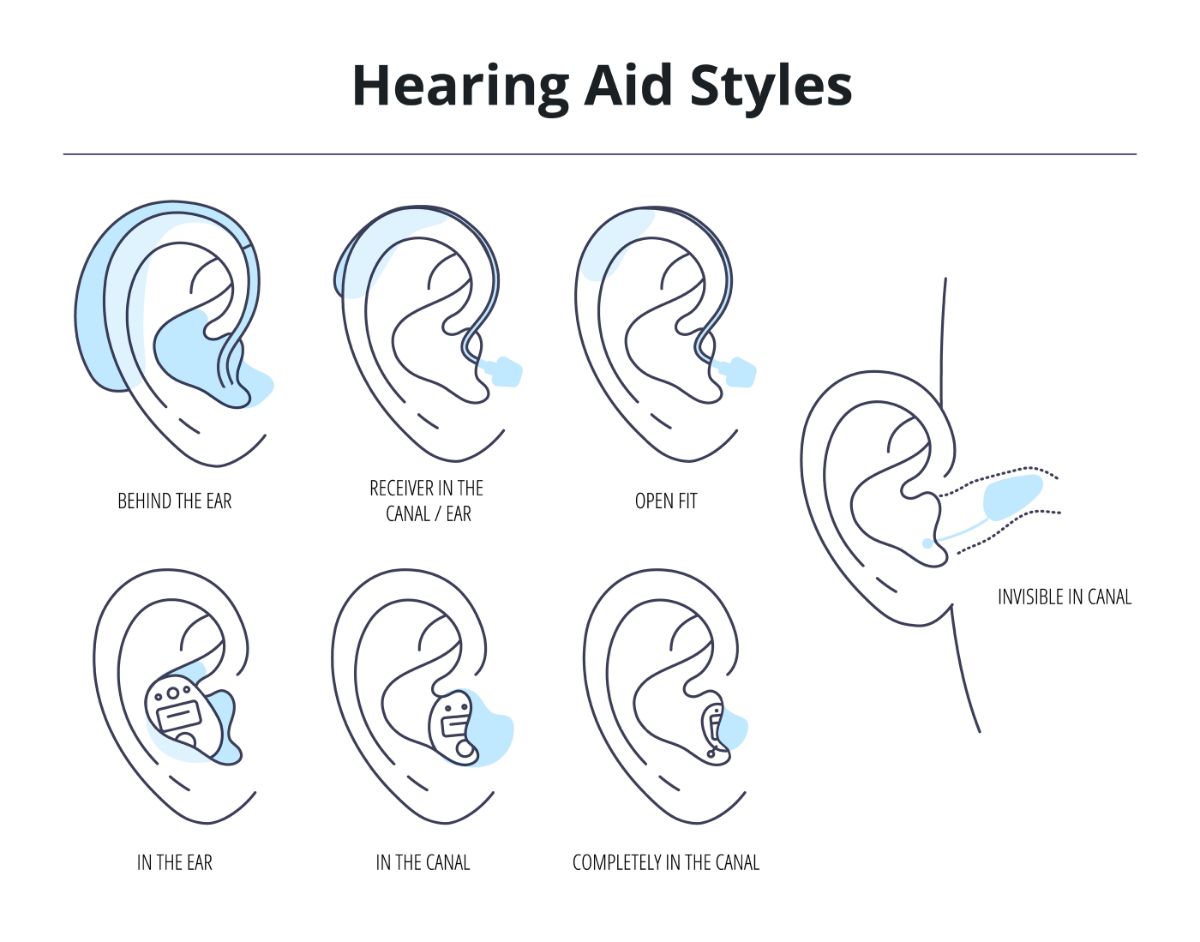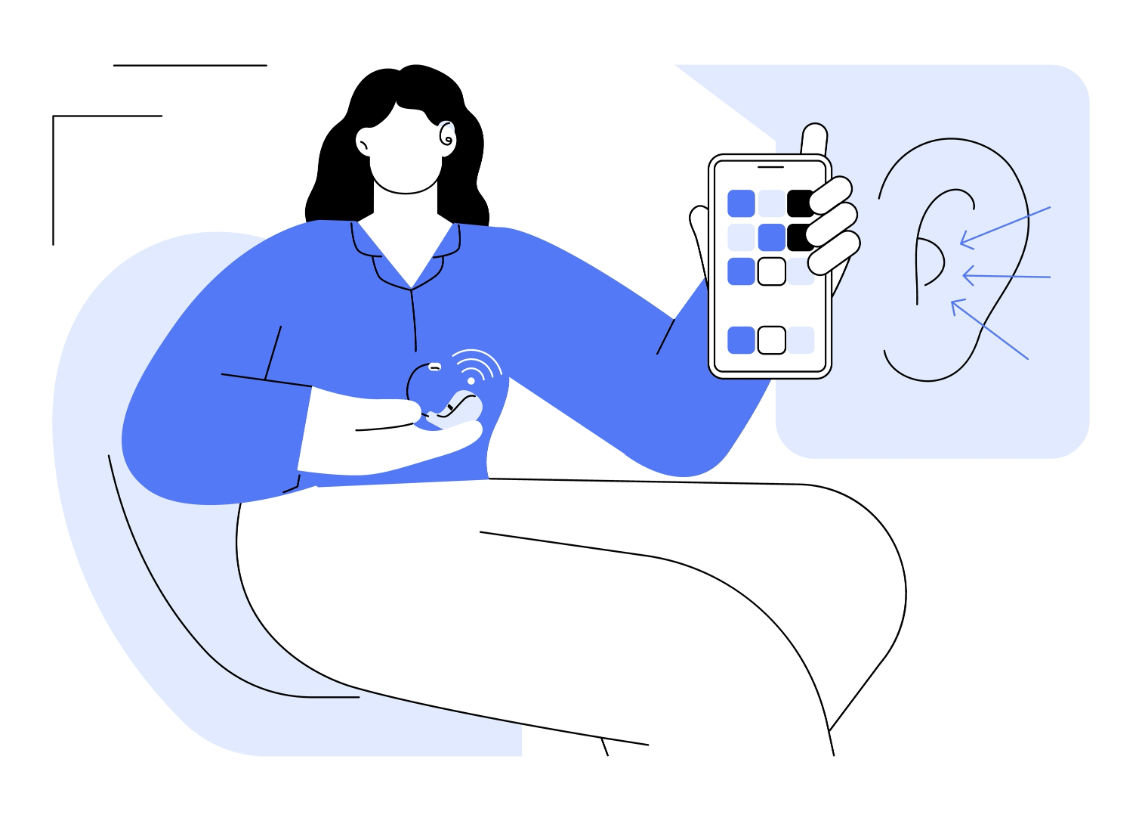Hearing aids are small computers worn in the ear or behind the ear. Although their function is to provide sound to people in ranges where they do not hear as well, the actual benefits of treating hearing loss include the following:
Amplification: The primary purpose of a hearing aid is to amplify sound. It makes sounds louder in specific frequencies, allowing people with hearing loss to perceive speech, music, and environmental sounds more effectively.
Improved Communication: Hearing aids enhance communication by making it easier to hear conversations, participate in social interactions, and engage with others.
Quality of Life: Hearing aids contribute to a better quality of life by improving hearing. They allow individuals to enjoy music, engage in hobbies, and connect with loved ones without feeling isolated.
Safety and Awareness: Hearing aids help individuals stay safe by alerting them to important sounds, such as alarms, doorbells, and approaching vehicles. Being aware of our surroundings is crucial for overall well-being.
Reduced perception of tinnitus: Treating hearing loss for many can reduce the perception of “ringing in the ears.” By providing the brain with environmental sound that it is missing, the brain will typically begin focusing more on the sounds of life rather than the sounds the brain is producing.
Reduced Listening Effort: Hearing aids reduce the strain of listening. When sounds are amplified appropriately, users do not need to exert as much effort to understand speech or follow conversations.
Preventing Cognitive Decline: Addressing hearing loss with hearing aids may positively impact cognitive health. It helps maintain brain function by keeping the auditory pathways active and stimulated.
Today’s prescription hearing aids have changed dramatically over the years. They have become tiny but powerful computers and can be connected to cellular phones, tablets, computers, and televisions through Bluetooth technology. Many hearing aids are rechargeable and can be adjusted by the end-user through applications on cell phones.
Hearing aids come in various sizes and styles and at different levels of technological sophistication. There is no “right” choice for anyone. Decisions on which hearing aids would be chosen are made in collaboration with the patient and are based on some of the following:
- Degree of hearing loss
- Listening goals and patient lifestyle
- Required features
- Dexterity/visual needs
- Cosmetic preferences
- Budget
Seeing an audiologist is the key to having a great hearing aid fitting experience. Working with an experienced audiologist is essential; they can tailor the hearing aids to your unique needs. This customization ensures optimal sound quality and comfort. The audiologist will ensure the following:
Fit: It is important to ensure the hearing aid fits snugly and comfortably in the ears. A well-fitted hearing aid reduces the risk of discomfort, slippage, and feedback (whistling).
Verification of benefit: Hearing aids need to be verified by equipment to ensure that they are meeting the prescription levels required.
Education: The expertise of an audiologist can help educate you on all things related to your hearing loss and hearing aids. We are your partners along the journey of improving hearing health.
Ongoing maintenance/support: Hearing aids can break down due to wax and moisture. Audiologists have special equipment to remove wax and debris from the hearing aid speakers and microphones. This maintenance improves the sound quality of hearing aids and extends their lifespan.
The team at the NHHC uses their many years of experience and expertise to precisely and comfortably fit your hearing aids to allow you to hear the sounds of life. Come meet with our team; we are here to help you connect to what matters most!





